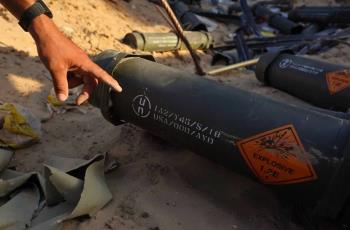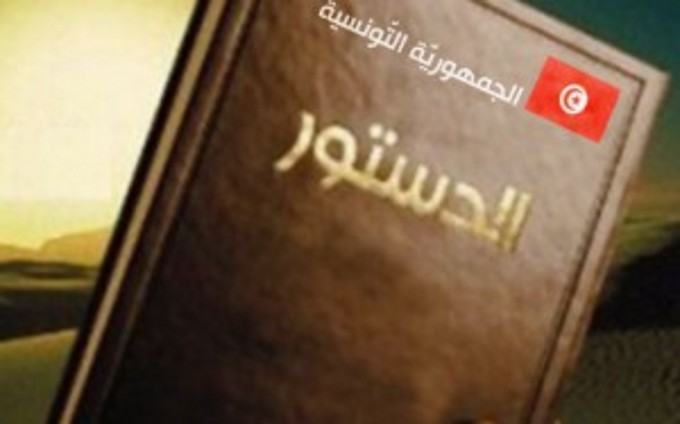Alwaght-Being under pressure for months, the Ennehda, accepted to resign and form a technocrat government, provided that the new constitutional law of Tunisia which was preparing since two years ago is ratified and the timetable of the future election of Tunisia is determined. As a result of agreement made between government and opposition, ratification of the constitutional law started again and became the most important issue of Tunisia.
This paper will explain two important provisions of the constitutional law which was discussed and ratified. This provisions discuses the role of Islam in the constitutional law. This issue is mentioned in the first chapter of draft constitution: "Tunisia is a free, independent and sovereign country which Islam is its religion, Arabic is its language and its government system is republic." In addition to this text some MPs proposed to add a text to the first chapter of constitutional law which says "Islam is the main source of legislation" or" The Quran and the Sunnah of the Prophet (PBUH) are the main source of legislation in Tunisia". Some MPs asked to reform this chapter saying that "Islam is the religion of Tunisian nation, not the religion of the government" but most of the MPs disagreed with this proposal.
Although Islam is the religion of the majority of Tunisian people, but under the pressure of western countries such as France and USA and their influence in secular and left parties, the Ennehda gave up and Islam isn’t the main source of legislation in Tunisia anymore. In fact religion is degraded to le level of language and nationality.
Another controversial provision which says "the normalization of relations with Israel is considered as a crime" led to heavy debate between advocates and opponents. The Ennehda and Mustafa Bin Jafar blamed the Speaker of Parliament for this problem.
Discussing such provisions despite the anti-Zionist atmosphere in Tunisia indicates the pressure and lobby of western countries who are trying to prevent legislation of laws which are against west's interests.
Post-revolutionary countries of North Africa, especially Tunisia which are facing economic problem and instability, lean towards western countries in order to remain in power and solve their problem temporarily. Due to economic problem and youth unemployment, these countries put their policy priority on associating with west. Legislation the law of considering relation with Israel as a crime would make problem for Tunisia in its relation with west. For example the USA ambassador in Tunisia, said that the continuance of USA aid to Tunisia is conditioned on the success of democracy process in Tunisia. In fact democracy is excuse for western politicians to put the government and MPs who majority of them are Islamists under pressure



























